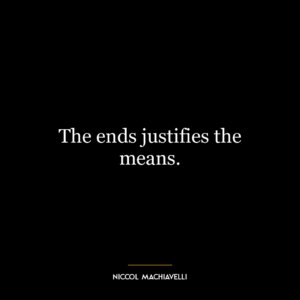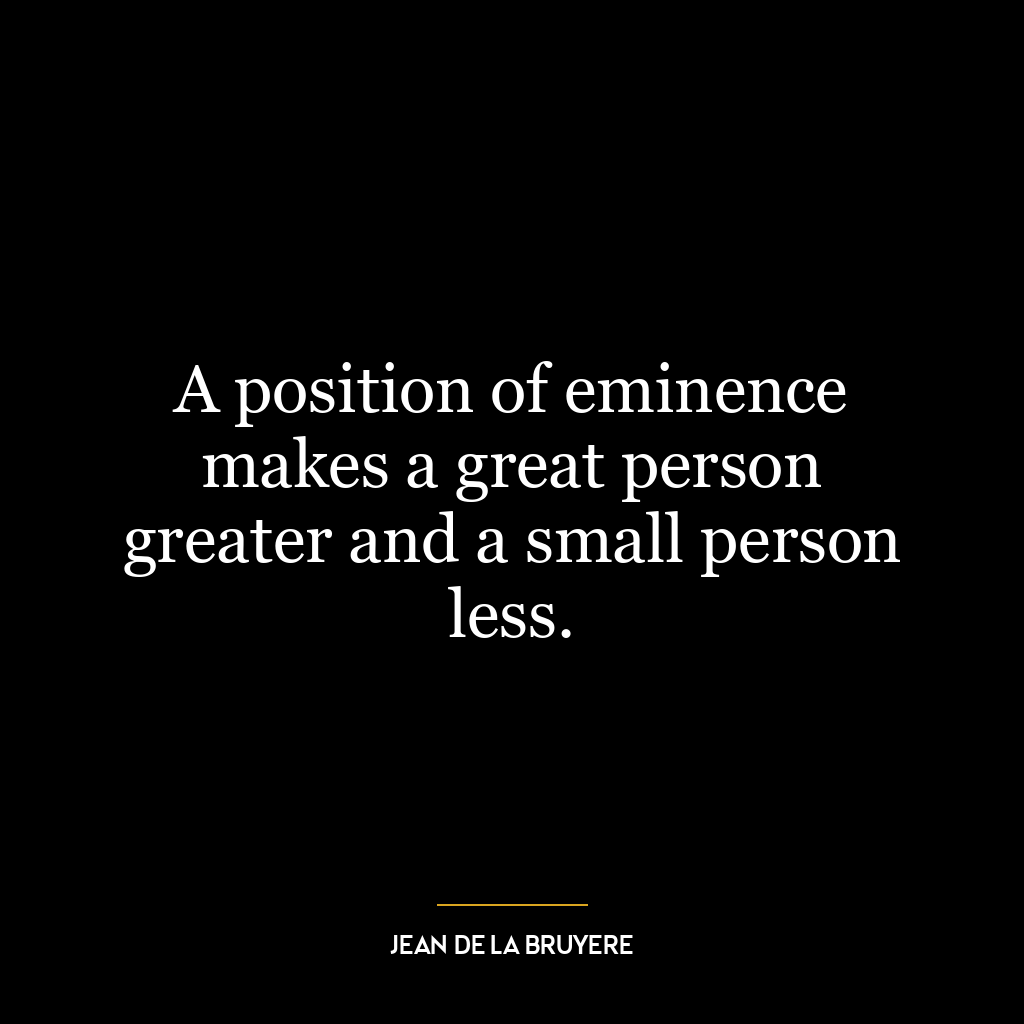Present wars impoverish the lords that win as much as those that lose.
The quote “Present wars impoverish the lords that win as much as those that lose” by Niccolò Machiavelli, is a profound reflection on the costs of conflict. It means that even if one side is victorious in a war, they too suffer significant losses – these could be in terms of human life, financial resources, infrastructure, and even moral standing. The victors, though they may claim the spoils of war, are left to deal with the aftermath, which often includes rebuilding, dealing with societal trauma and handling international relations, all of which are costly endeavors.
The quote also implies that war is a zero-sum game where no one truly wins. The victor may have achieved their immediate objective, but the damage and loss incurred in the process can be so great that it negates any perceived victory. The ‘lords’ in this context can refer to those in power, the decision-makers who often initiate conflict for personal or political gains, but in the end, find themselves losing as much as they thought they would gain.
Applying this idea to today’s world, one could look at the numerous conflicts and wars that have occurred. The countries that ‘win’ these wars often find themselves facing economic recession, societal unrest, and international backlash. For instance, the war on terror has cost the U.S. trillions of dollars and has had a significant impact on its economy and international relations.
In terms of personal development, this quote can be interpreted as a caution against engaging in destructive conflict. Personal ‘wars’ or conflicts, whether they are in our professional or personal lives, can result in a Pyrrhic victory, where the cost of winning is so high that it feels like a loss. For instance, one might win an argument but lose a friend in the process. Therefore, it is essential to consider the potential losses before engaging in conflict and to seek peaceful and constructive solutions whenever possible.













